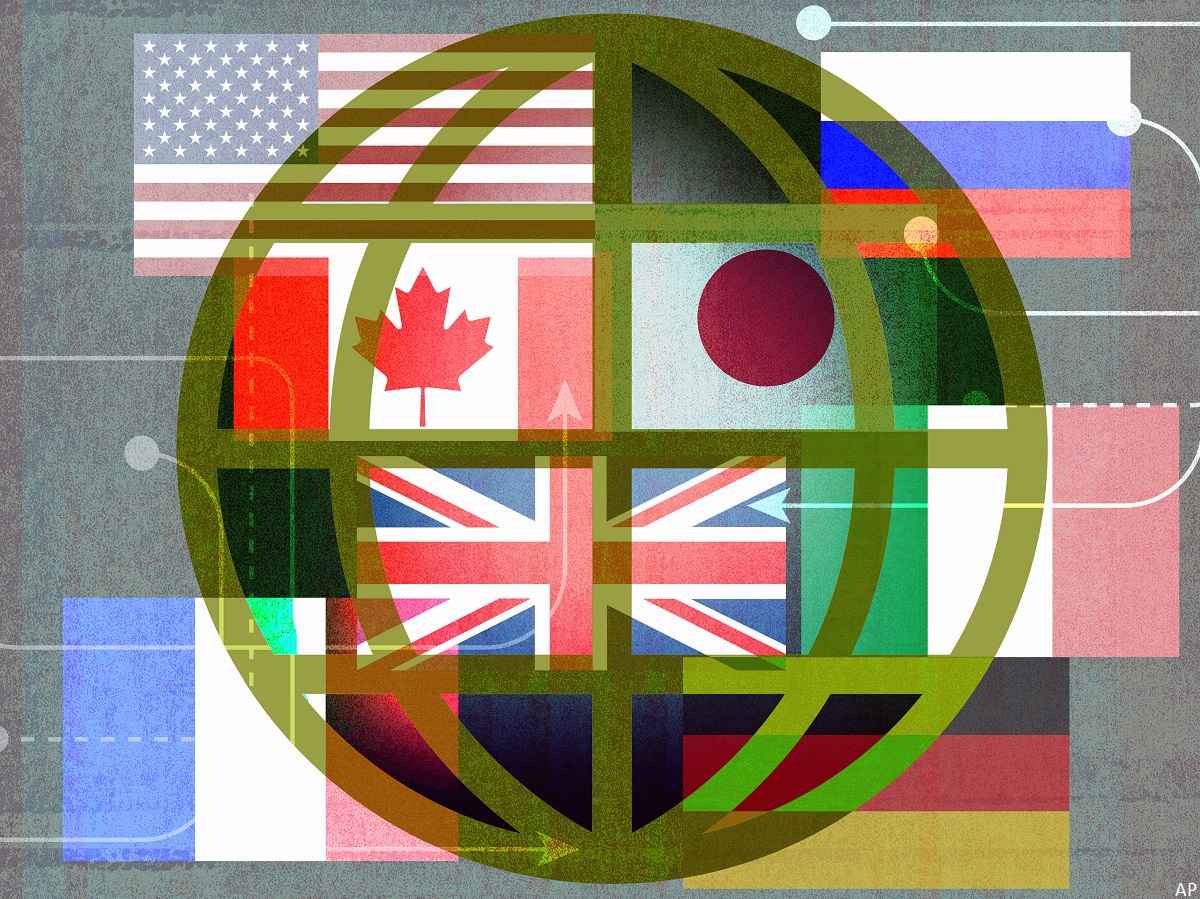Lukas Strobl: Have you ever wondered whether your approach to investing was all your idea? It may have a lot to do with where you're from. I'm here with Morningstar's Matias Möttölä. He is a Director of Manager Research here, and he and his team have looked at what sets apart mass affluent retail investors in different markets and why our cultures around money seem to be so different.
Now, Matias, of course, Europe is a long way from the 401(k)-driven mass stock ownership in the US Why are European investors so different?
Matias Möttölä: Yeah. So, in Europe, we clearly see in our study that investors tend to be much more conservative than, for example, Americans or Australians. And that means that they prefer to have their money, if they have saved something, in cash accounts, maybe have some insurance products, and real estate is then perhaps a more popular way of creating or building wealth. And so, the kind of risk taking that we see in the U.S. is just much rarer to see in Europe.
LS: And where is that risk aversion coming from?
MM: Well, that's a very good question. I mean, of course, the reasons are in how different the societies are. So, in the U.S. and in some other countries, to achieve your big life goals, such as putting your kids through college or saving for a comfortable retirement, you not only need to have some savings but also invest them to earn those market returns that help you to get to those goals. And we just have much less incentive in countries where much of services are tax funded and retirement systems tend to be collective. So, obviously, there's questions and discussions around Europe whether all of these retirement systems are giving people a pension or a retirement that they are happy with. But that's then a separate question from the U.S. system, where you really need to just invest throughout your career to earn that retirement.
LS: So, Europeans remain relatively in love with cash. Now, of course, that was a drag on their returns during a period of liquidity-driven stock rallies. Could it be a positive now that rates are rising?
MM: Yeah, look, the reality is that as rates are rising and these cash accounts and money market funds start giving people a couple of percent of returns, many Europeans will be happy with those. But if we think about what we are trying to achieve with investing, and so anytime you have savings that you're going to keep for a longer time, you at least want to achieve a return that beats inflation. And to do that, you cannot rely only on cash accounts. You need to take at least some market risk.
LS: So, how do European investors, retail investors, need to change to improve their performance?
MM: Well, our study around portfolio building across the globe really shows that there are just many, many ways of thinking about investing. And so, there is no right or wrong way. But what we could improve here is just to become a bit more comfortable with market risk or equity markets. And that is easier to do if you start investing early, because then, even if you have only small sums in some stocks or equity funds, you start becoming more comfortable with the ups and downs of the market. And so, then when you have big losses later on, when you have more savings, it's not that big a deal. And the same with profits. You're not hurrying too early to just cash in your profits, but rather you've understood that investing is a long-term game and patience is needed. And I think this is something for investors and our societies then to learn more about, for example, through financial literacy.
LS: Now, of course, there's no time machine for any of you to start investing younger, but for financial literacy, you should all be following us here at Morningstar. For more insights into Matias' study-- it's fascinating-- have a read of the Global Investor Portfolio Study. It's linked in the transcript below.
Thank you, Matias. For Morningstar, I'm Lukas Strobl.






















